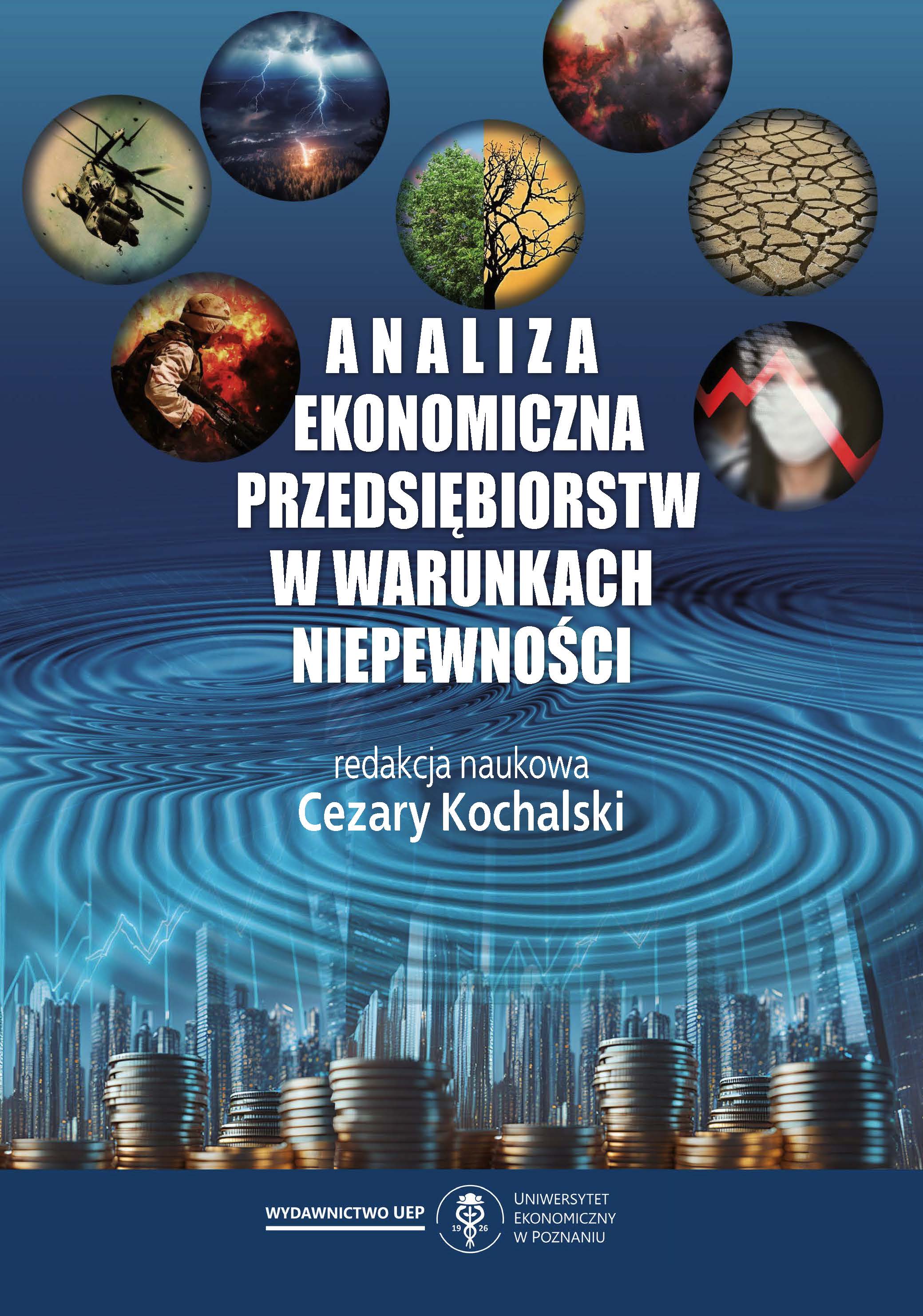Ewolucja raportowania zrównoważonego rozwoju przedsiębiorstw w odpowiedzi na zmieniające się oczekiwania informacyjne interesariuszy
Evolution of sustainable development reporting by companies in response to changing informational expectations of stakeholders
Author(s): Andrzej Niemiec, Wanda Skoczylas
Subject(s): Economy, Law, Constitution, Jurisprudence, Business Economy / Management, Micro-Economics, Sociology of the arts, business, education, Law on Economics, EU-Approach / EU-Accession / EU-Development, Accounting - Business Administration, Marketing / Advertising, Business Ethics, Socio-Economic Research, EU-Legislation
Published by: Wydawnictwo Uniwersytetu Ekonomicznego w Poznaniu
Keywords: teoria interesariuszy;raportowanie niefinansowe;zrównoważony rozwój;
Summary/Abstract: Reporting is a vital management and communication tool for businesses to engage with stakeholders. Stakeholders expect reports of high quality, primarily those containing decision-relevant information, faithfully reflecting the presented content. The pursuit of effective sustainable development strategies has led to various changes, including institutional and capital market changes, as well as changes in the functioning of businesses. A company’s success is now expressed in economic sustainability, social responsibility, and environmental responsibility, which determine management tasks and the measurement and reporting of the company’s multidimensional results to stakeholders. This issue gains particular importance due to the expanding circle of significant company stakeholders whose success is intertwined with the organization’s competitiveness in the market. The chapter aims to present the evolution of non-financial reporting toward sustainable development reporting in light of changing informational expectations of stakeholders and supporting legal regulations. The research methodology used in the study is an argumentative method (Betti, 1955) and hermeneutic method (Betti, 2022). The study is interdisciplinary, combining several fields of social sciences, including economics and finance, social communication and media sciences, management and quality sciences, as well as legal and sociological sciences. The results of the conducted research confirmed that stakeholder information expectations toward organizations change in accordance with evolving environmental conditions and increasing complexity. To meet these expectations, various actions are taken to develop suitable methodological solutions. Legislative changes are also essential, in line with the monological stakeholder theory approach. The goal of legislative changes is to ensure comparable, reliable, and significant informationusing information technologies regarding the implementation of sustainable development strategies. Controlling ESG (Environmental, Social, Governance) risks control prevents costly consequences.
Book: Analiza ekonomiczna przedsiębiorstw w warunkach niepewności
- Page Range: 53-68
- Page Count: 16
- Publication Year: 2023
- Language: Polish
- Content File-PDF

